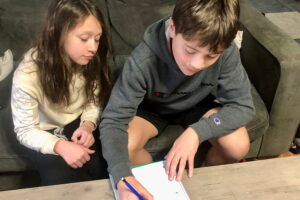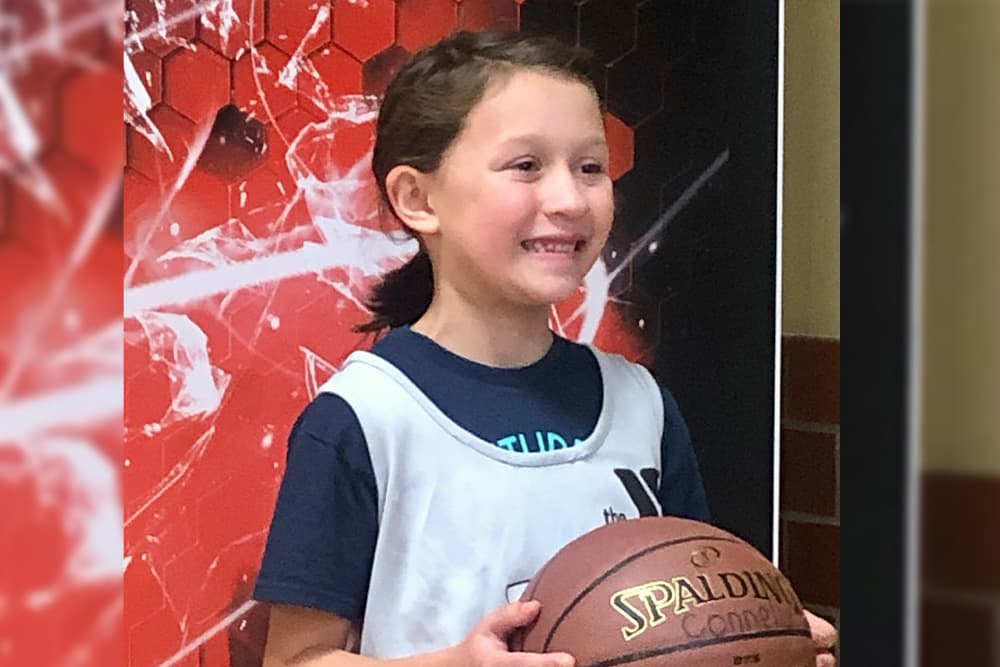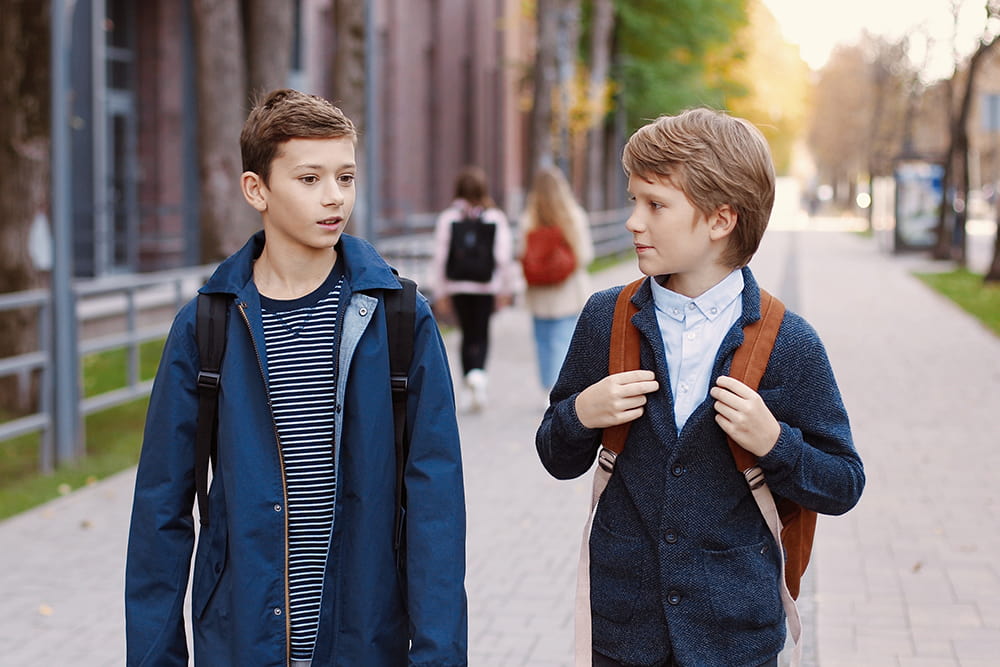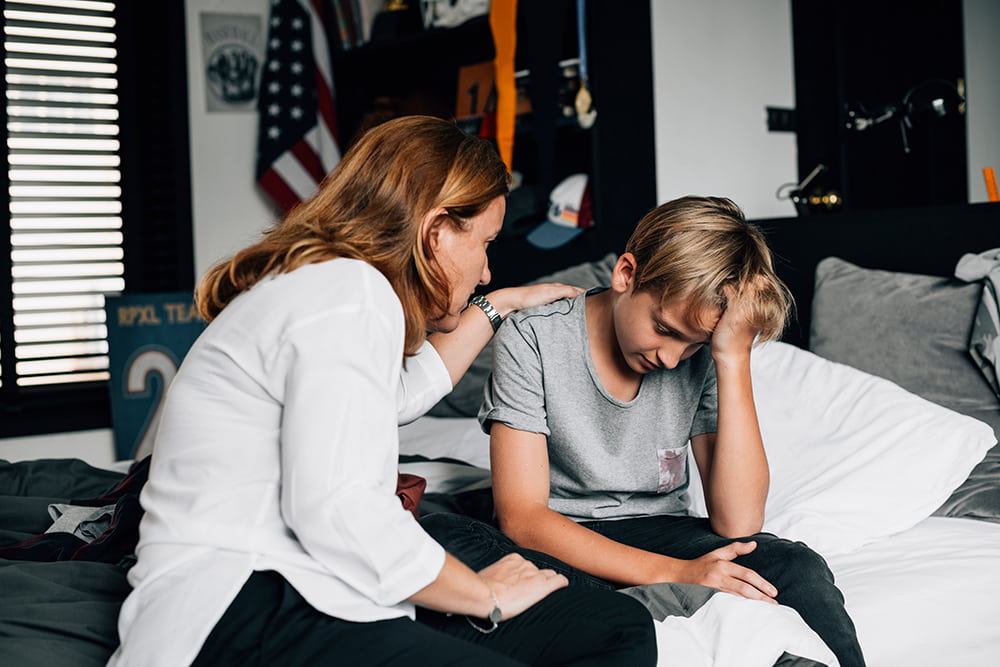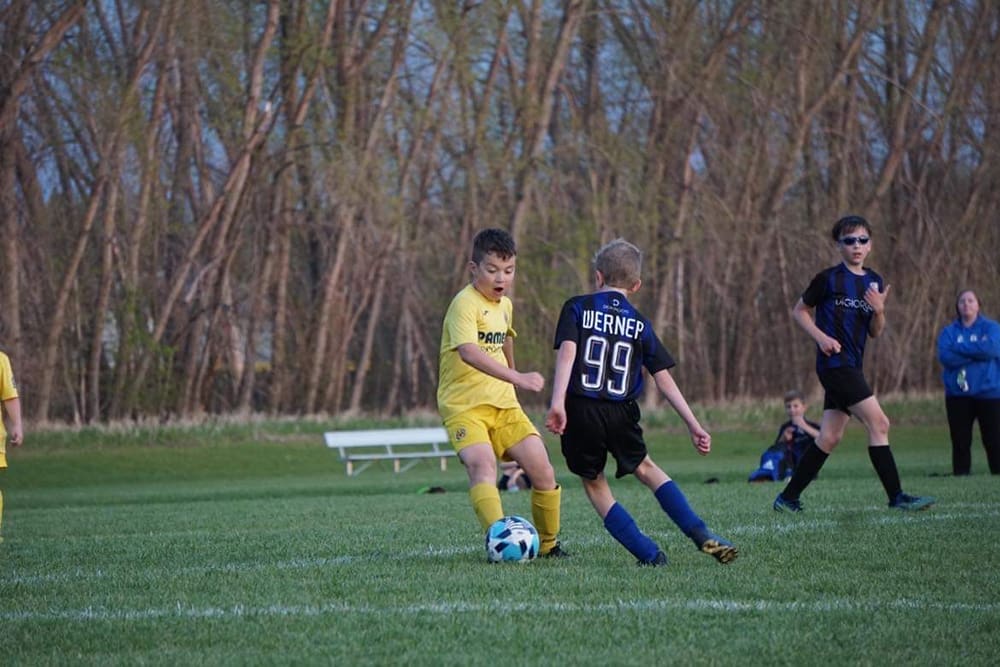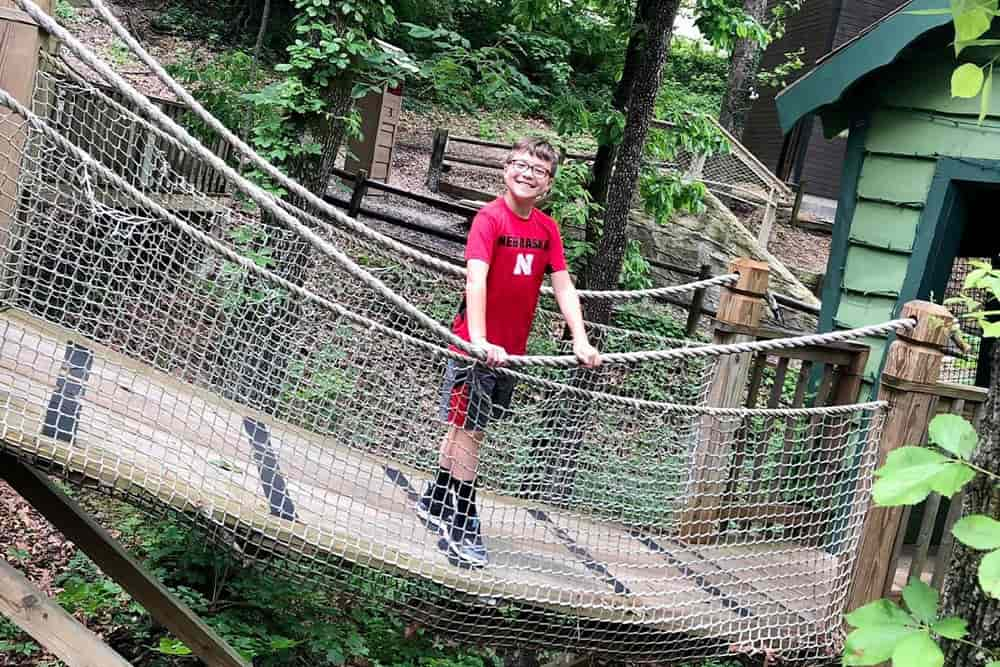
Summer Planning for Tweens & Teens: How to Keep Them Busy
Summer Activity Ideas From My Tween
When I mentioned summer plans to my 12-year-old, he told me, “I don’t want to go to camp. I just want time to hang out.” That’s when my parental anxiety set in. I knew in my heart that my middle-schooler was too old to go to that wonderful day camp that kept him busy and active, but I also knew that letting him “hang out” all day would mean too many unproductive hours in front of the TV, computer or his phone.
Plus, I can’t leave him home alone for extended periods of time, and he’s definitely not ready to plan his own day-to-day schedule. If he did, it’d be unlimited gaming, never-ending TV show binging, and meal times full of artificial colors and flavors. But at least the dog would love having him around!
Last Year’s Summer Camp Disaster
Having him at home with nothing to do over the summer isn’t a good option. I know from experience. In the summer of 2021, my son’s favorite program wasn’t available, and he hated the new summer camp that I signed him up for. So halfway through, I pulled him from that camp. By then, all other camps were full, so he stayed home. I tried to keep him busy with chores and other activities, but it wasn’t possible to keep that up all summer. The worst part is that the summer camp he loved is back this year, but he aged out!
Alternative Summer Programs for Preteens
After he turns 13, he wants to officiate youth soccer games. But until then, I thought he might just get his wish of staying home and doing the bare minimum. Until I discovered some alternatives.
More and more recreation centers, schools, museums and colleges are catering to this age group with classes and programs. I even found a volunteer center that is looking for preteens and teens to lend a hand. And it’s never too early to cultivate the entrepreneurial spirit—like mowing lawns or reffing soccer.
This age group may be beyond the general day camp approach, but there are so many creative programs out there that match our kids’ special interests. Just don’t be surprised if a single program doesn’t fill your preteen’s entire day. The camps my son wants to attend are only a few hours a day. They’re also expensive. We can’t afford to have him attend all summer long, but a couple weeks here and there may just work.
Advice for Parents About Summer Camp Enrollment
By being resourceful, I found a number of activities to make this an active, engaging summer for my son, while still reserving a little time to “hang out”. The best tip I can give parents who are interested in summer programs for their preteens? Start planning now. Many programs require advance registration, and popular ones fill up quickly.
My next step is to plan my busy work life around drop-offs and pick-ups. I’ll get the most out of my lunch breaks and set up a carpool schedule with his friends. By the end of the summer, I may feel like a taxi driver—always on the go. So much for decompressing!

Mallory Connelly
Babies & Toddlers



